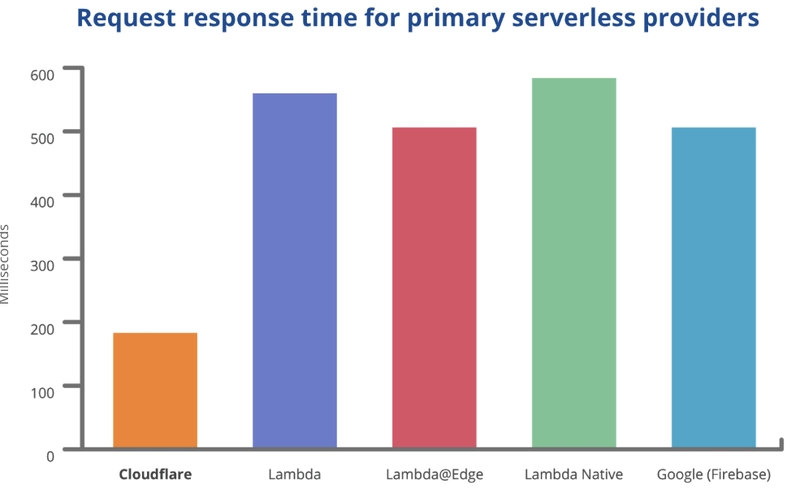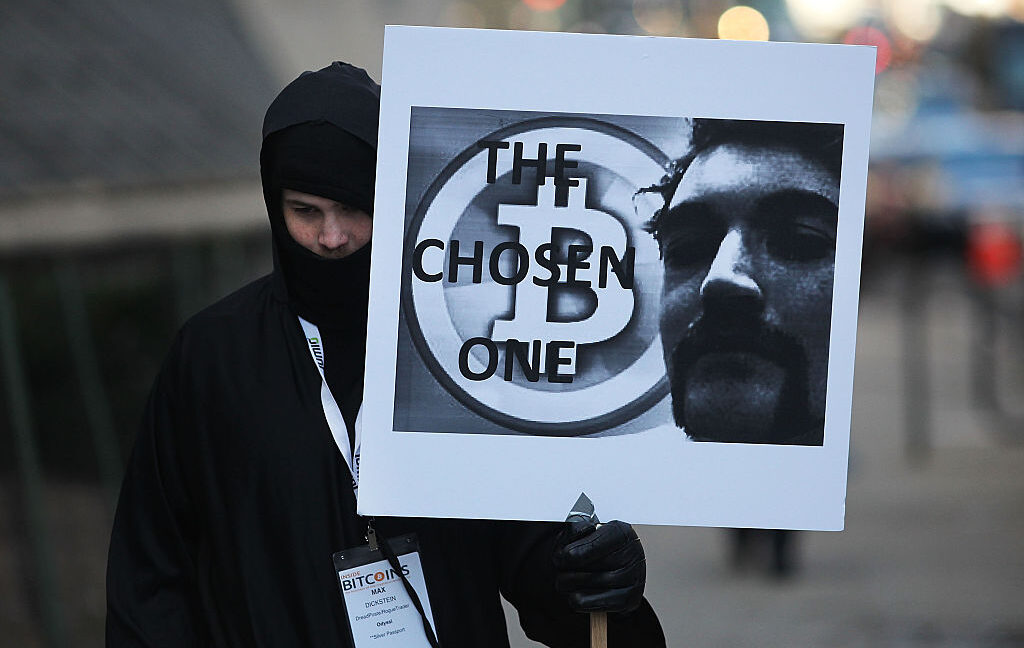Trump pardons Silk Road operator Ross Ulbricht
Image: Cath Virginia / The Verge; Getty Images On Tuesday night, President Donald Trump issued a pardon to Ross Ulbricht, who ran the dark web marketplace Silk Road under the pseudonym “Dread Pirate Roberts.” Ulbricht has been serving a life sentence without parole since 2015, when he was convicted of multiple charges, including the distribution of narcotics. The Silk Road marketplace, which was only accessible through the Tor network, became one of the most prevalent early commercial uses of Bitcoin. Buyers and sellers traded in illicit drugs, forged passports, and more. In the intervening years, Ulbricht became a cause celebrè for a certain segment of the right-wing, particularly in the crypto crowd that embraced Trump last year. To his supporters, Ulbricht’s life sentence is unusually punitive. Similar offenses have garnered much more lenient sentences — for instance, Blake Benthall, who operated Silk Road 2.0, was sentenced to time served and three years of probation. Ulbricht’s lieutenant, Thomas Clark, also known as “Variety Jones,” was sentenced to 20 years in prison last year. Although the criminal offenses were nonviolent in nature, the judge who sentenced Ulbricht took into account multiple deaths attributable to drugs bought through the Silk Road. Throughout his trial, Ulbricht denied that he had committed the crimes at issue. Because law enforcement had arrested him with his laptop open, they had access to all his files, which included the code of the website, private messages between him and employees of the Silk Road, and a diary whose entries corresponded to OKCupid messages tied to Ross Ulbricht’s real identity.
/cdn.vox-cdn.com/uploads/chorus_asset/file/25531809/STK175_DONALD_TRUMP_CVIRGINIA_C.jpg)

On Tuesday night, President Donald Trump issued a pardon to Ross Ulbricht, who ran the dark web marketplace Silk Road under the pseudonym “Dread Pirate Roberts.” Ulbricht has been serving a life sentence without parole since 2015, when he was convicted of multiple charges, including the distribution of narcotics.
The Silk Road marketplace, which was only accessible through the Tor network, became one of the most prevalent early commercial uses of Bitcoin. Buyers and sellers traded in illicit drugs, forged passports, and more.
In the intervening years, Ulbricht became a cause celebrè for a certain segment of the right-wing, particularly in the crypto crowd that embraced Trump last year. To his supporters, Ulbricht’s life sentence is unusually punitive. Similar offenses have garnered much more lenient sentences — for instance, Blake Benthall, who operated Silk Road 2.0, was sentenced to time served and three years of probation. Ulbricht’s lieutenant, Thomas Clark, also known as “Variety Jones,” was sentenced to 20 years in prison last year.
Although the criminal offenses were nonviolent in nature, the judge who sentenced Ulbricht took into account multiple deaths attributable to drugs bought through the Silk Road.
Throughout his trial, Ulbricht denied that he had committed the crimes at issue. Because law enforcement had arrested him with his laptop open, they had access to all his files, which included the code of the website, private messages between him and employees of the Silk Road, and a diary whose entries corresponded to OKCupid messages tied to Ross Ulbricht’s real identity.
What's Your Reaction?

















_Brain_light_Alamy.jpg?#)










